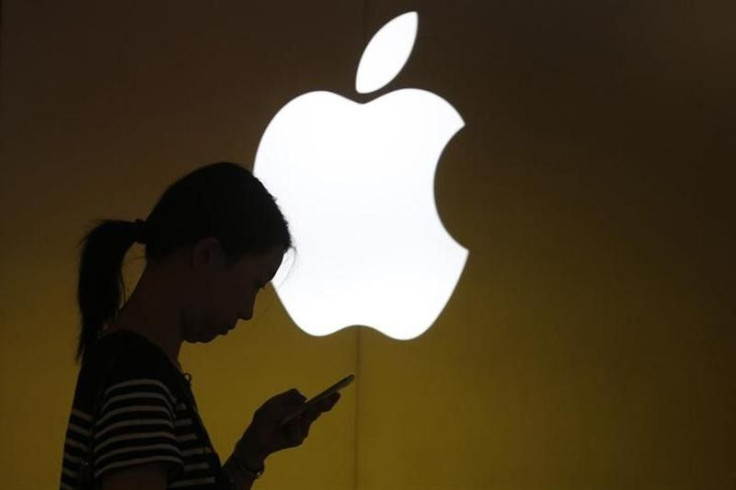Massachusetts Lawsuit Filed Against Apple Inc, Claimed Company Sells Customers’ Personal Info

Apple Inc is in another legal battle. The iPhone maker has been slapped with a lawsuit in Massachusetts by three customers who alleged that the company had been selling users' personal information to third parties.
Plaintiffs Adam Christensen, Jeffrey Scolnick and William Farrell in a complaint filed on Jan 15 alleged Apple tricks customers by saying that credit card transactions require the disclosure of their ZIP codes. They said what the company actually does is to store the personal identification informations (PII) it got in its databases and later on sell those to third parties for profit.
"To consummate each purchase, plaintiffs elected to use their credit card as their chosen form of payment," a copy of the suit obtained by Web site Patently Apple alleges.
The lawsuit described that Apple required the three men to enter their PII, including their full and complete zip codes.
The plaintiffs filed the lawsuit based on a state law which states that PIIs are not necessary for transactions to be completed in Massachusetts. In fact, the state law bans establishments to require customers using credit cards to disclose such information.
The opposite happened.
"Apple would not allow plaintiff to complete their purchases without supplying such information." The items purchased from Apple retail stores in Massachusetts between 2012 and 2013 were not specifically identified and listed.
The plaintiffs argued Apple violated the statute, adding the company sold those data to third-party companies for marketing purposes based on a statement Apple posted on its own Web site.
The company reserves the right "make certain personal information available to strategic partners that work with Apple to provide products and services, or that help Apple market to customers," Apple's statement on its Web site goes.
Moreover, the plaintiffs argued credit card issuing companies do not require Apple to fork such information from its consumers.
The plaintiffs want Apple slapped with $75 per violation, including interest on those damages, litigation expenses, attorneys' fees and "such other and further relief as may be just and proper," the Web site Apple Insider said.
They also want Apple banned to stop collecting PII across the state.





















